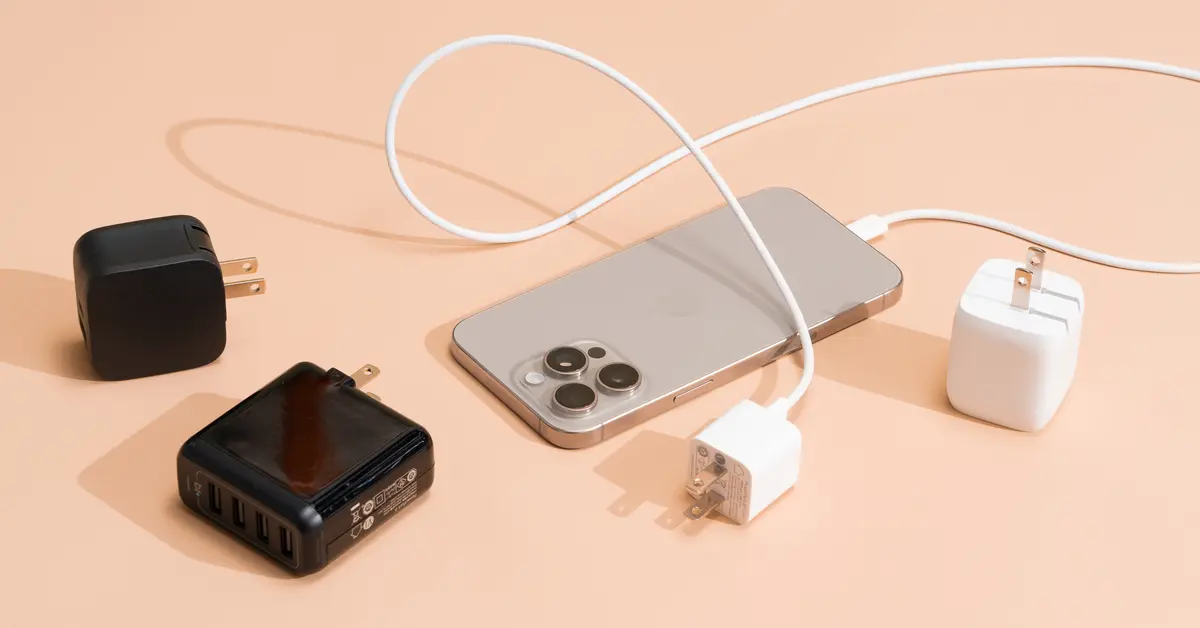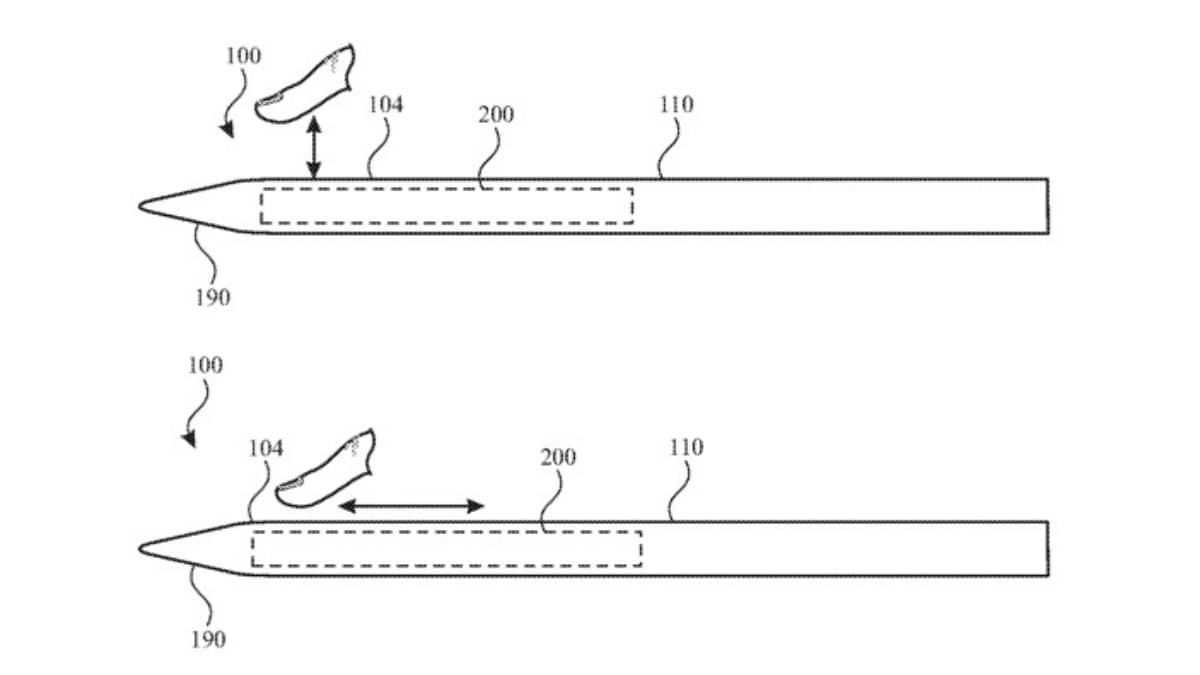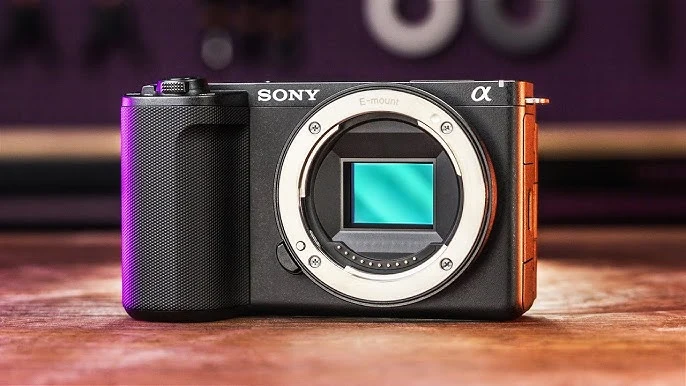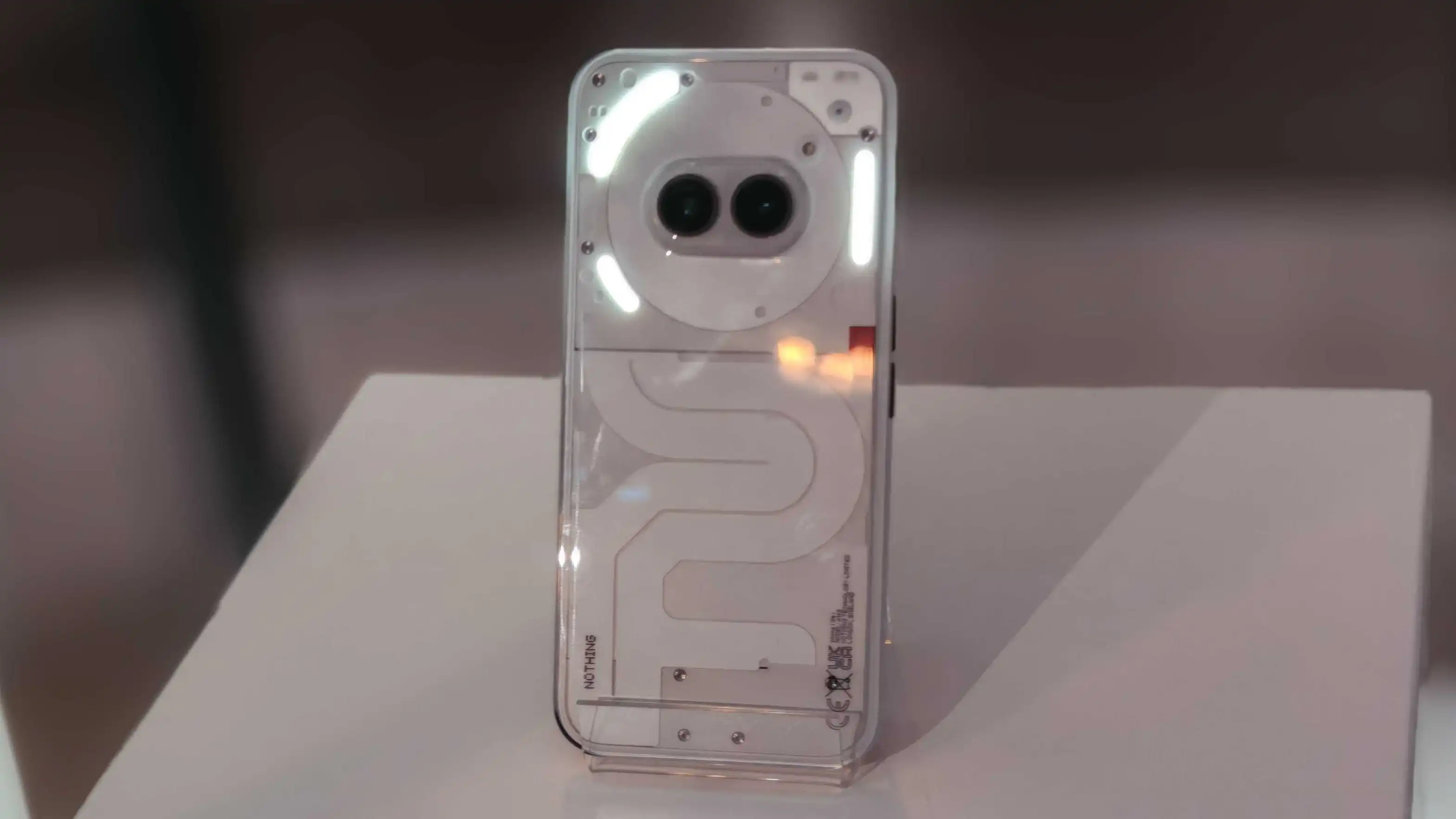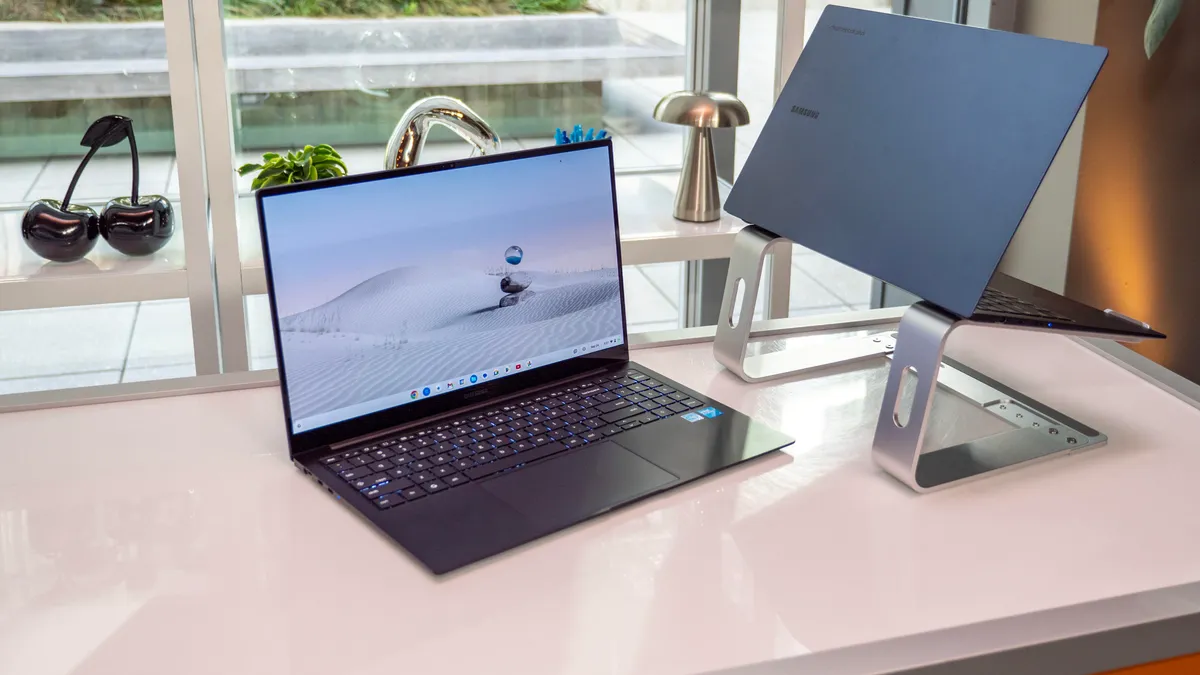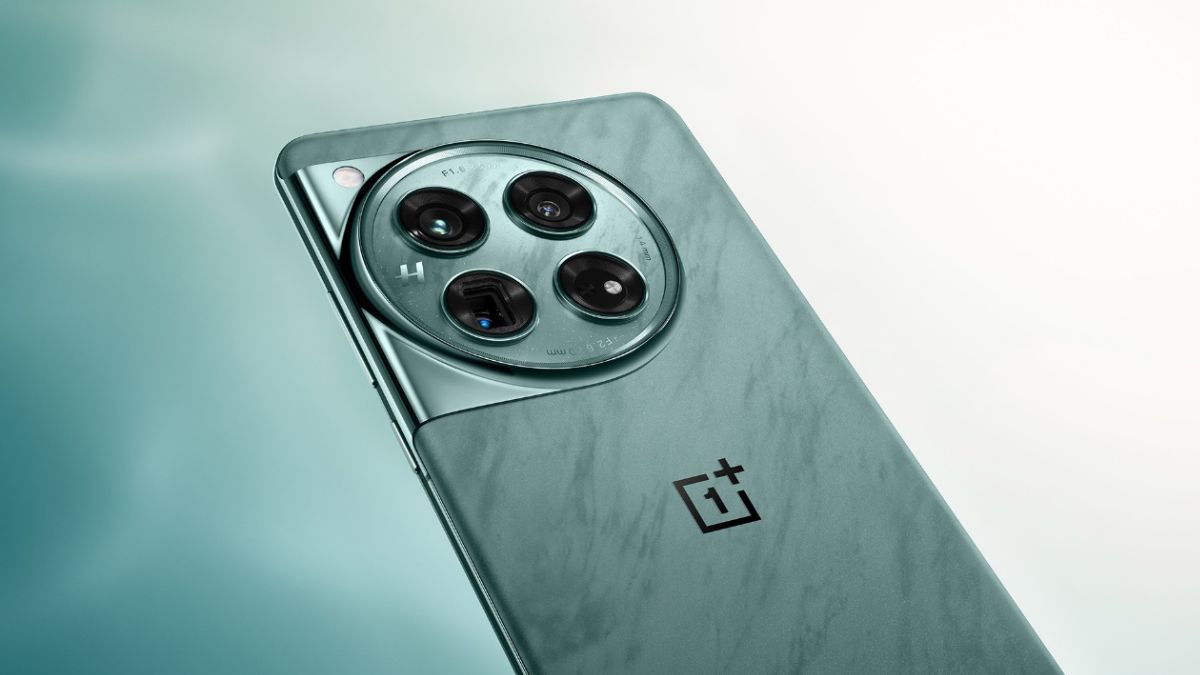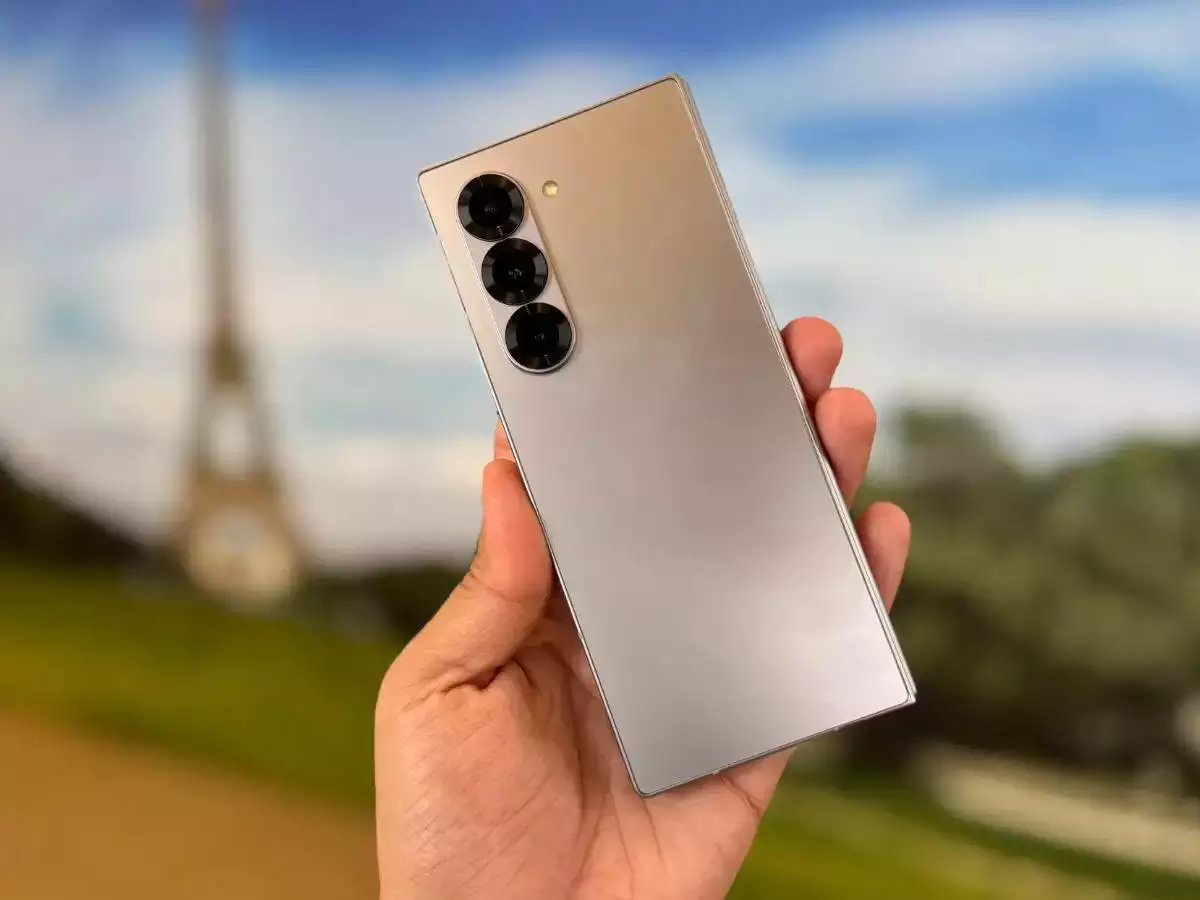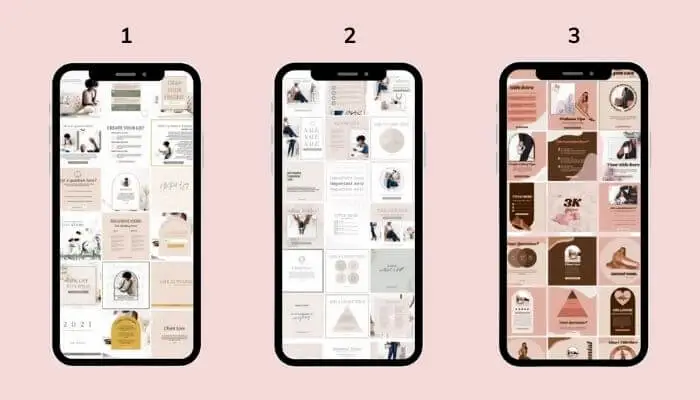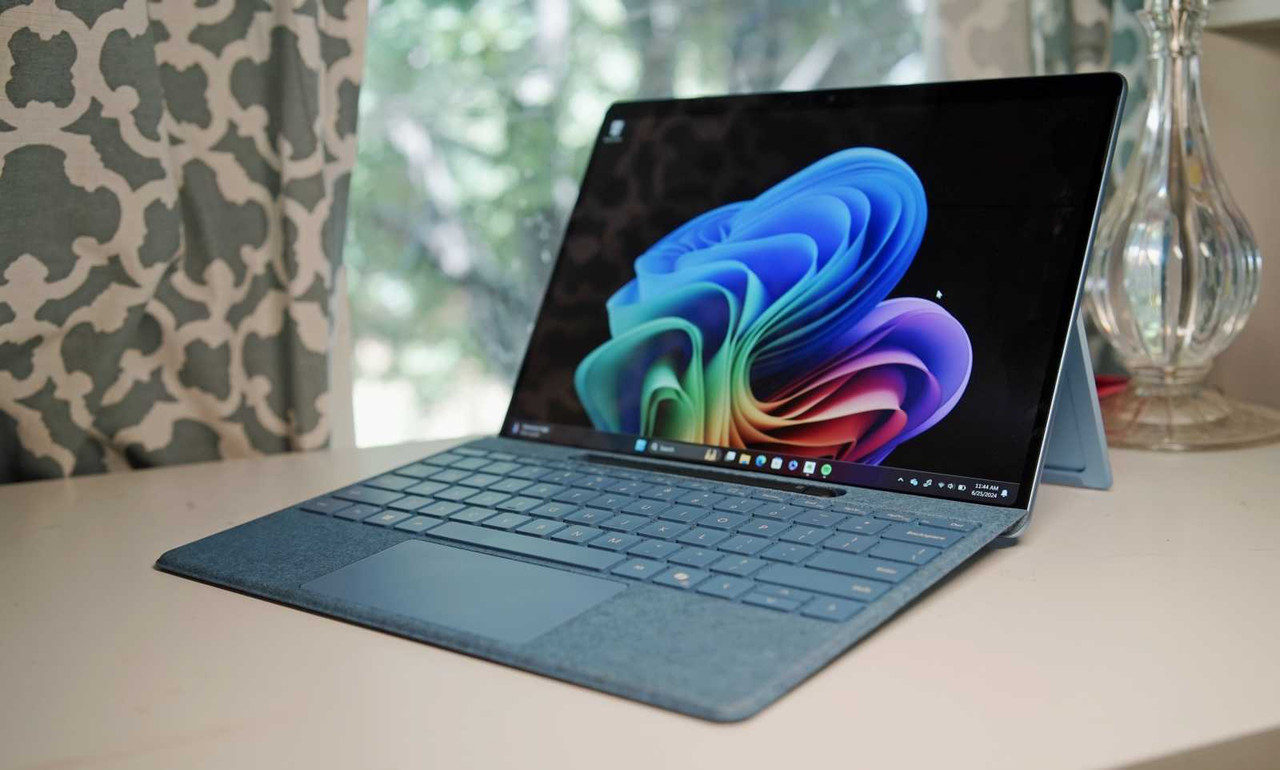Our cell phones are an integral part of our daily existence, and there's nothing more isolating (and dull) than attempting to get through your day with a lifeless phone. If you’re seeking to keep your device charged throughout your busy day, you may be pondering whether a wired or wireless phone charger is ideal for you. In this blog, we’ll investigate the pros and cons of both chargers types and address what to consider when making your choice — all in an effort to help you navigate the seemingly endless variety of phone chargers on the market.
Wired Chargers
The Original Charging Experience
As technology continues to evolve, charging our devices has become increasingly essential. Wired adapters are the finest form of phone charger when it comes to being simple to get your hands on, and are typically included with your phone when you purchase it. These essential mobile phone accessories use a cable to connect your phone to a power source, such as a wall receptacle or a computer.
The Advantages
Faster Charging Speeds
One area where tethered phone charging cables are the finest in comparison to wireless is in charging speed. Wired adapters, such as those using USB-C or Lightning cables, are able to provide quicker charging speeds because they use a direct connection to your device. This more efficient transfer of power yields a much speedier charge in comparison to wireless charging’s induction technology.
Affordability

In comparison to wireless adapters, conventional phone chargers provide the greatest affordability for powering your device. These adapters typically arrive with your phone and are relatively inexpensive to replace if they become damaged or are lost. Whether you choose a wired charger from a top-notch brand, or one from your local convenience store, these chargers won't break the bank.
Compatibility
Wired phone adapters also have the greatest advantage when it comes to being broadly available and compatible with a wider spectrum of devices. Most smartphones have a built-in connector for a tethered charger, making it simple to charge your device wherever you are. You’ll most likely be able to use the same wired charger for a variety of devices, regardless of their make or model.
The Disadvantages
Messy Cords
Of course, there are also some disadvantages to using a traditional wired charger — namely, the jumble of intertwined cables that resides in many of our drawers and backpacks. If you struggle to keep your wired charging cables organized and untangled, a wireless phone charger may be your best option. Your desk (and your sanity) will thank you.
Potential For Damage
Wired chargers can be much more prone to damage and failing than wireless chargers and may need to be replaced more frequently over time. Bending, twisting, and tugging on your wired charger, whether on purpose or through everyday use, can rapidly lead to exposed wire or loss of charging capabilities.
Limited Mobility & Charging Options
One of the largest disadvantages is the fact that tethered adapters require a direct connection to your device, which can be cumbersome if you are attempting to use your device while it is charging. Sick of being tethered to the wall? Wireless phone adapters might be ideal for you.
Wireless Chargers

How Does Wireless Charging Work?
Charging has evolved and gone are the days of grappling with cords and cables to charge our phones and tablets. Instead, we now have the option of using the finest wireless phone adapters to power up our devices without the need for any cables at all.
Wireless adapters transfer power to your phone through a technology called inductive charging. Inductive charging utilizes an electromagnetic field to transfer power from the charging pad to your phone, meaning you can simply position your phone on the charging pad and it will start charging without the need for any cables. Most smartphones, including iPhones and Android phones, are compatible with wireless charging, but it's essential to verify your phone’s specifications to make sure that it's compatible with the wireless charger you're using.
The Advantages
Convenience & Ease of Use
Gone are the days of tangled wires and forgotten charging cables — now, all you need is a wireless charger and a compatible device to effortlessly charge your smartphone. Wireless phone charging cables offer the greatest convenience in the form of zero wires and connections. Simply position your device on the charging pad and it will begin charging immediately.
Versatility
If you’re always on the go, wireless phone adapters are your best option to stay powered up. With a wireless charger, you are no longer limited to the location of the nearest electrical receptacle and can charge wherever you need to. At work, at the seashore, or in your vehicle, there's no location that can halt your battery from reaching 100%.
Aesthetics
No more obtrusive cables cluttering up your space — a wireless charger has the benefit of being elegant and discrete, merging seamlessly into your home office devices and décor. With wireless adapters that rest on your desk, or those that attach to the rear of your phone with magnets, the aesthetically appealing options are infinite.
Read Also: The Evolution of Virtual Reality Technology
The Disadvantages
Cost
Wireless charging has been gathering popularity in recent years, and while these adapters need to be replaced less often than wired ones, this convenience comes at a cost. Wireless adapters are often more expensive than their wired counterparts, and even your most basic options can cost more than a top-notch wired charger. If you're on a reduced budget, wired may be your best phone adapter option.
Slower Charging Speeds

Another disadvantage of wireless charging is the decreased charging pace compared to wired charging. The electromagnetic fields used by wireless adapters to transfer energy to your device are less efficient than the direct electrical connection of a wired charger.
Potential Interference
With wireless devices, there is a small potential for electromagnetic interference (EMI). While the electromagnetic field energy transfer process is generally safe and efficient, there is the possibility that EMI could interfere with other electronic devices nearby.
Making Your Decision
So which form of phone charging cable is the best option for you?
Both types of chargers have their own advantages and disadvantages, so it's ultimately important to consider your unique lifestyle, personal preferences, and requirements before making a decision. If you want a rapid and affordable charger, a wired phone charger may be the best option for you. But if you value convenience and versatility, a wireless charger may be the way to go. Luckily, with so many excellent charger options on the market, you’ll be able to choose a charger that ideally serves your requirements.
Trust Gorilla Gadgets to Deliver Reliable, High-Quality Options to Keep Your Battery Charged
If you’re on the search for the finest phone charging cable for your lifestyle, Gorilla Gadgets is your ultimate destination. Our unmatched customer service and generous return policy is always here to support you, and we only carry the finest high-quality, durable phone chargers and cases on the market — all so you can shop with complete peace of mind. Explore our blog or our new arrivals today for the latest gadget purchasing inspiration!

